Walking through the halls of Sorbonne University last month, I find an announcement on a wall that would catch the eye of anyone interested in Open Science (OS): it was the Sorbonne Declaration on Research Data Rights. Signed at this very university a few weeks ago, the Declaration was published on January 28 at the LERU website, and it is an important document to promote Open Data. But what exactly is Open Data?
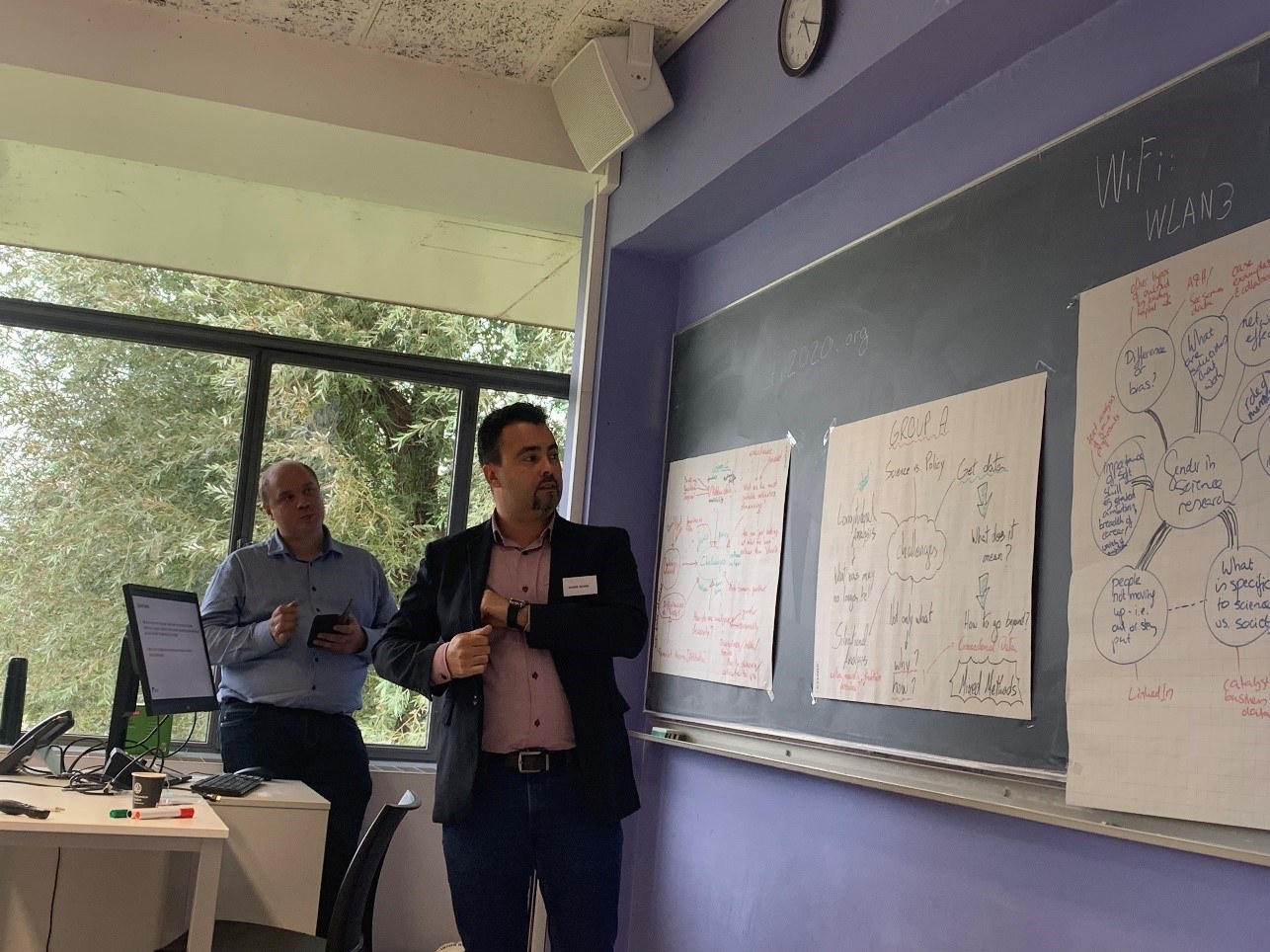
The Gender Inequalities in Science workshop took place at Leiden University on 7th-8th October 2019, organized jointly by CWTS and Elsevier’s International Center for the Study of Research (ICSR). For two days, researchers from different research institutions, universities and science stakeholders discussed issues concerning gender in science from diverse perspectives and contexts.
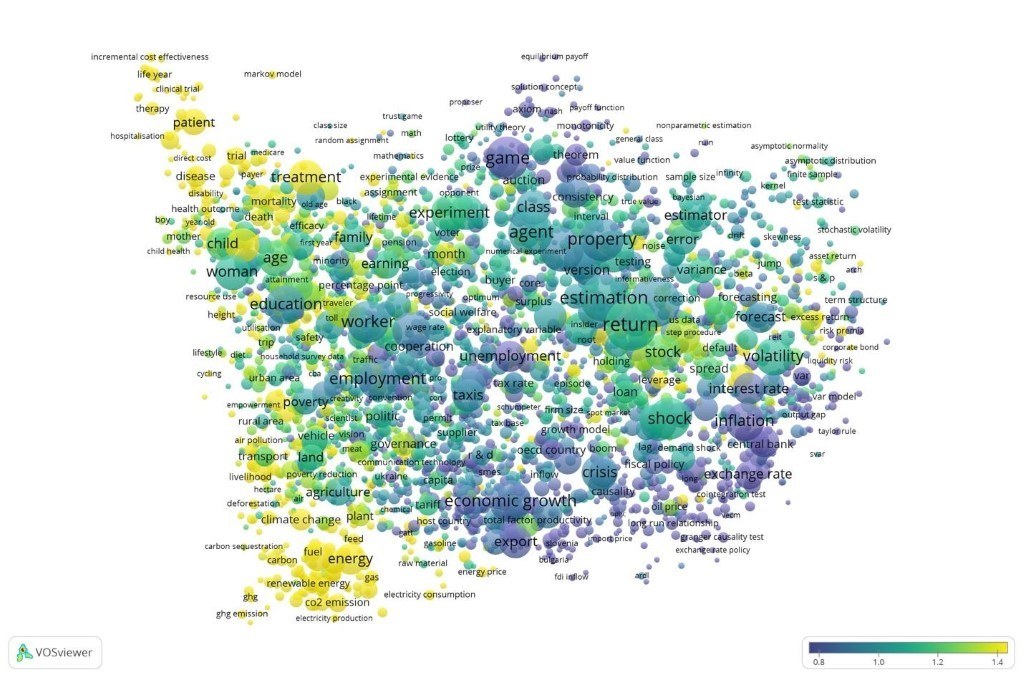
"Welcome to the quackathon!". That is how we invited researchers from the CWTS to an afternoon workshop during our yearly first research retreat. But what on earth was that supposed to mean? The reference to a hackathon is fairly obvious. In a hackathon, programmers come together to jointly work on a computer problem and try to solve it during the meeting. We have programmers at our centre.
I love quantitative research, because it gives me the feeling that I understand what I am doing and I can explain it clearly to anyone. On the other hand, I like qualitative research just as much as cats like water. Just thinking about analyzing a round of interviews gives me a headache. My mind imagines a scene of researchers arguing over the meaning of the words in the interview. What a nightmare!
Some universities love to boast about their positions in university rankings, almost as if they were part of a football championship. However, these rankings were never intended to be used this way. This is common knowledge within the science and technology studies community, but the causes are open for debate. For example, who is to blame for the misuse?
This is our last blog post of the year. 2019 has been a very fruitful year for us, and we are looking forward to what 2020 will bring. For now, we would like to wish you a Merry Christmas and a new year full of scientific discoveries.
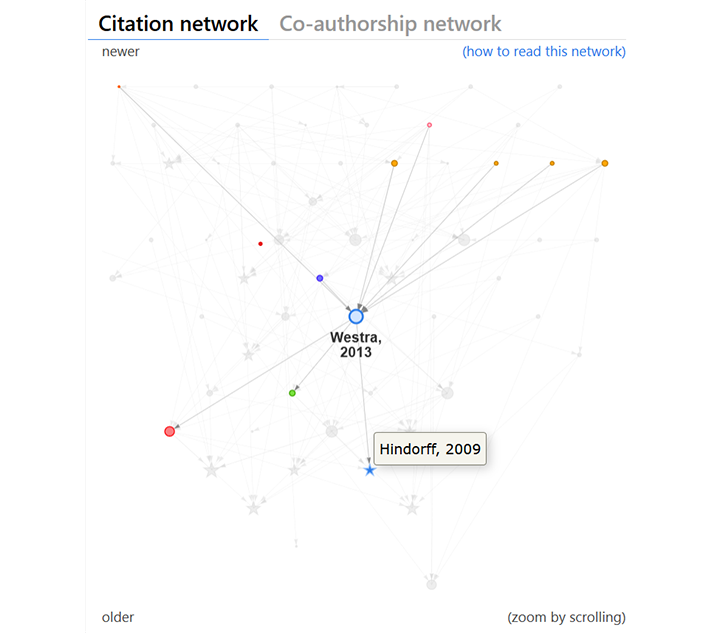
I'm sure the following scenario is familiar to most of the readers: You're writing a new scientific paper and are scanning the reference lists of your most important sources to see if you've missed anything interesting, maybe even a seminal paper cited by several of your current sources. Recently, a couple of web apps have come up to simplify this process by constructing and visualizing the underlying citation networks.
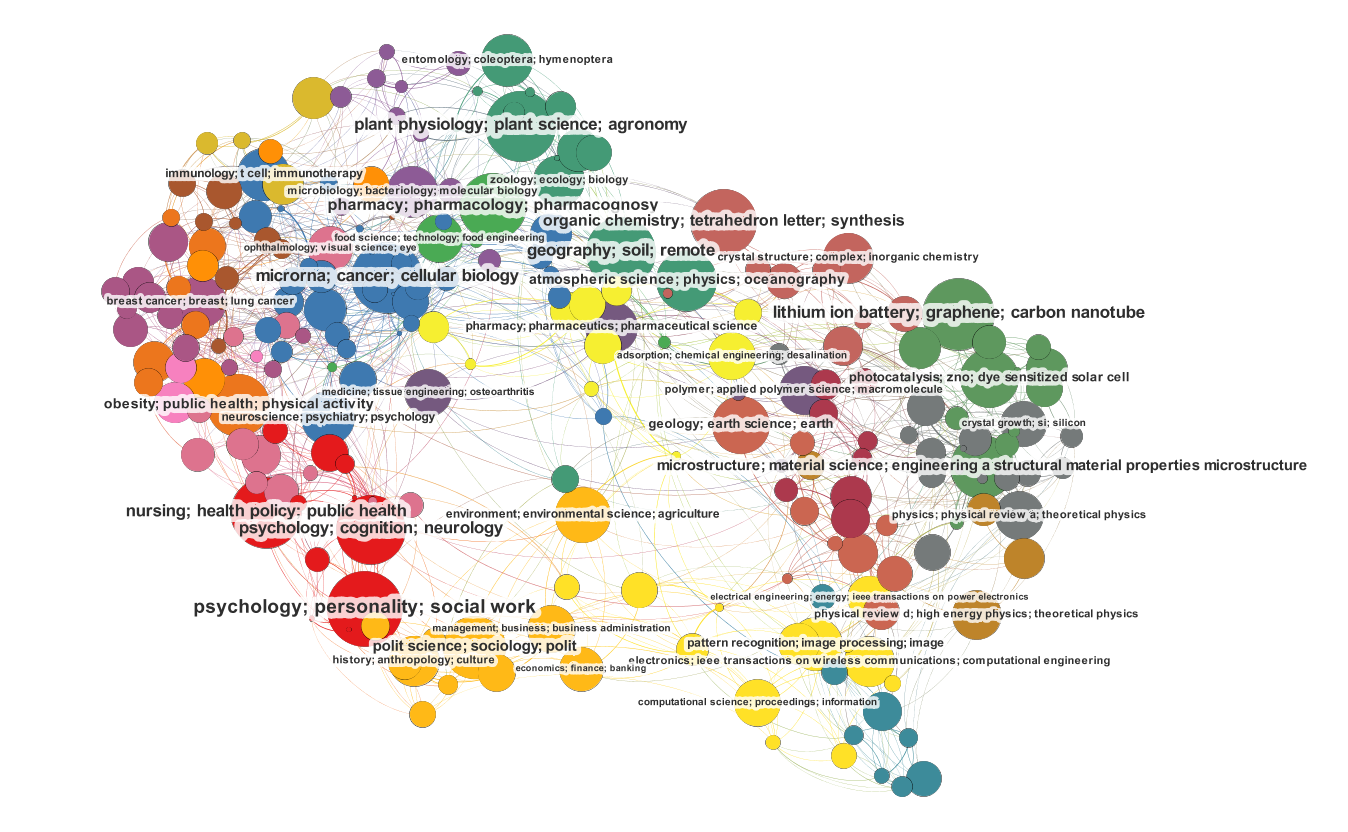
I recently visited CWTS to discuss and present my PhD project, which is about the algorithmic classification of research publications. My previous experiences when working with this topic and the discussions during my week at CWTS led me to further consider the question about what holds a research field together.
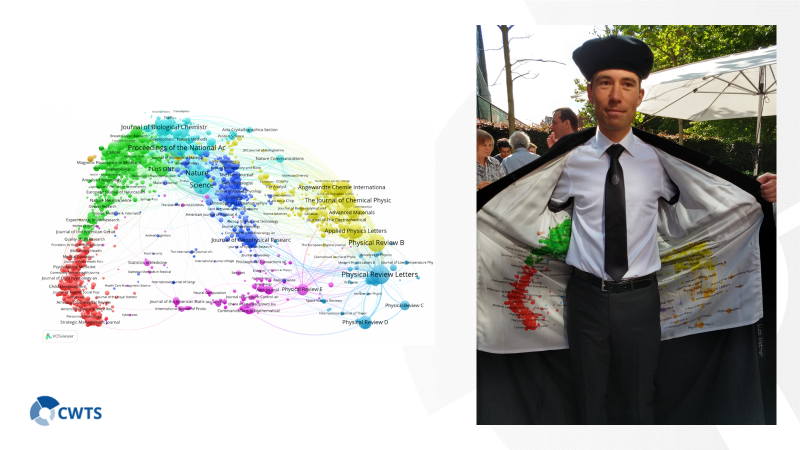
Last week I had the pleasure of participating in Crossref LIVE19 and of giving a short flash talk on ‘the value of Crossref’. Crossref LIVE19 took place in Amsterdam and was attended by over 100 participants, many of them representing scholarly publishers and other Crossref member organizations.
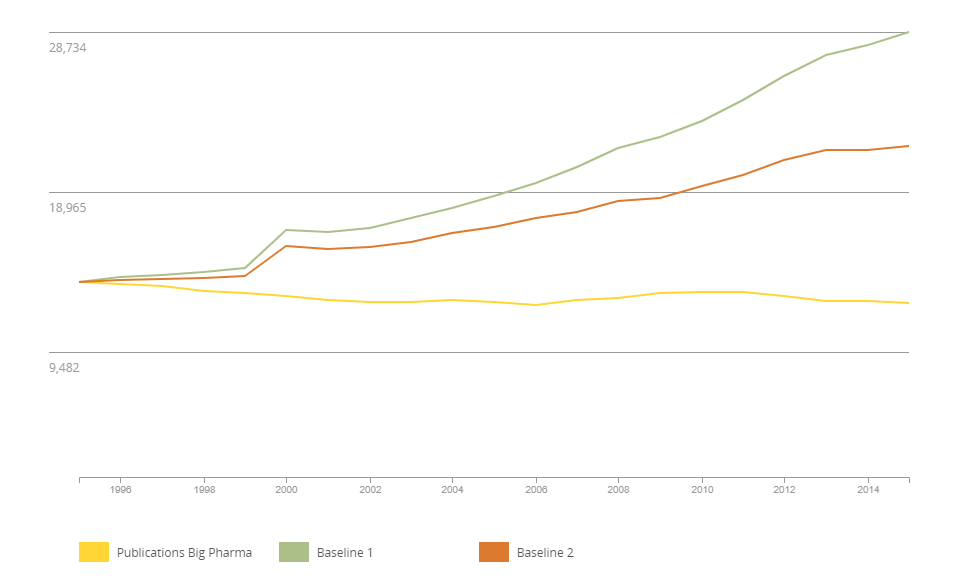
How does the research profile of pharma companies look like? What diseases are these companies investigating? What are their main research partners? Where are their laboratories and collaborators located? These are relevant questions for those interested on R&D dynamics in the pharmaceutical sector. However, this type of information is often not publicly available and, when it is available, it is often fragmented.